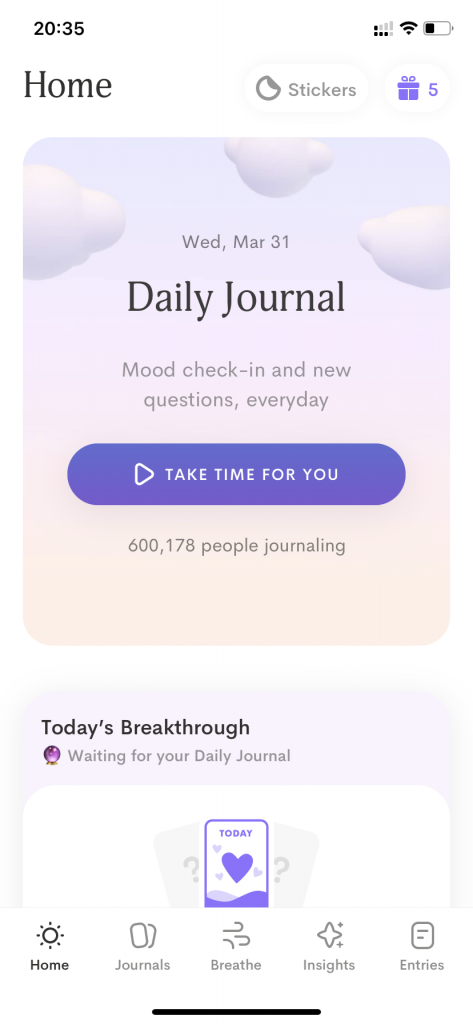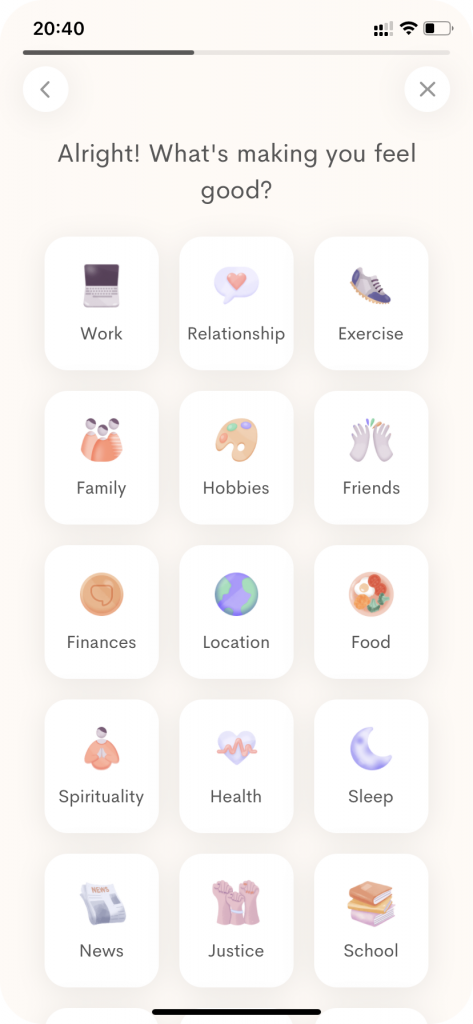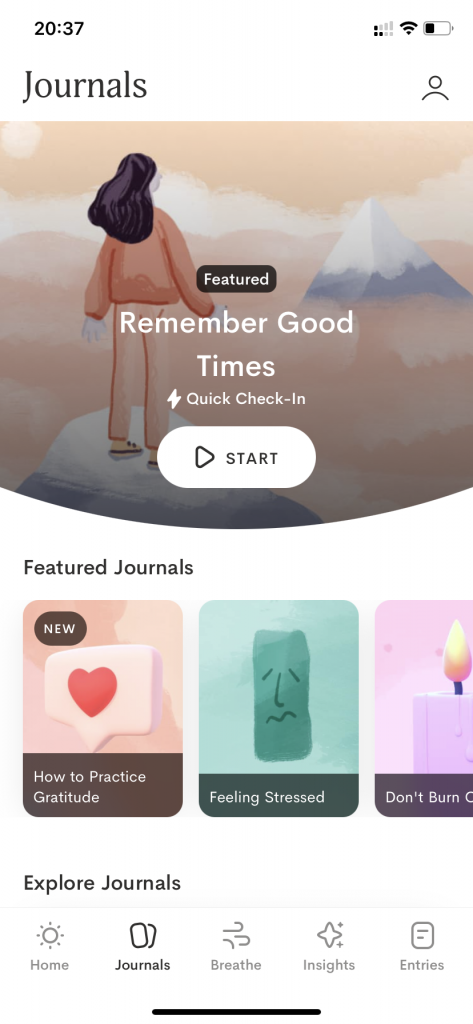

Make ADHD Your Superpower
This article aims to teach you how to utilize a practical framework to advocate for the support you need from coaches and other support providers;
Don’t tell me the pandemic hasn’t been playing tricks with your mental health. Certainly, it has. To be more precise, two out of five adults in the US have been diagnosed with depression disorders, anxiety, and sleeplessness as a COVID-19 repercussion. In my case, it was not only a deadly virus that shook up my routine. Immigration-related stress, lockdown, and a new job in an international company combined to make a Molotov cocktail for my psyche. I had severe panic attacks and struggled to find a reason behind weight loss and abdominal pain that came out of nowhere. My doctor attributed this to stress so I gave up on getting a cure for my body and took control of my mind under the supervision of a good therapist. Needless to say, this pivot has changed everything, although I soon realized this was only the first stop of a long journey of getting my sanity back.
At that moment, journaling was ranked low in my hierarchy of self-help tools. Maybe it seemed too effortless to make a difference compared to figuring out a way to talk with a therapist twice a week when you’re quarantined in a tiny studio with your working husband. Yet I remember that keeping a diary as a teenager was a real salvation from emotional tension and helped me overcome hard times growing up. Therefore when I saw the Jour ad on Instagram, I instantly decided to give it a try.



A few screenshots of a modern journaling app.
First of all, I was intrigued by the idea of shifting the journaling process to a digital space rather than pen-and-paper. Despite the fact that handwriting is considered to be the most valuable in terms of therapeutic effect, digital journals may help eliminate excuses such as “I don’t have an appropriate notebook” or “what if someone discovers my pathetic thoughts.” Jour is not alone in this market space; there are numerous options available on the market.
To keep it consistent, modern apps ping you with a gentle reminder so you don’t miss the daily ritual. What also simplifies the process is that some of them have a set of questions that guide you through writing, helping you get rid of a journaling block. Another essential thing for me was privacy, so I took the time to ensure that Jour has an encryption key that stays on my phone.
Once the app was installed, I allocated two weeks for the experiment and embarked on the self-exploring journey. In preparation, I read numerous studies to strengthen my intention and found out that journaling not only reduces stress, but impacts the entire immune system. Researchers in New Zealand conducted a test that revealed a correlation between expressive writing and wound healing. The study suggests that journaling decreases cortisol levels, which gives a boost to immunity and helps heal wounds faster. Another experiment showed that a group of students who wrote about traumatic events in their lives had better response to the hepatitis B vaccine rather than another group that jotted down more mundane things like daily plans and activities. What amazed me the most is that in both studies, subjects had to keep a journal only for 3-4 days in a row. If even short term journaling can improve your immune response, I wondered what a 14 day experiment would do? Nothing less than immortality.
But before recounting the benefits the practice brought to my life, I should confess that I wasn’t able to keep it 14 days in a row. To be honest I completed 7 journal entries, using the app on average once every two days. In-app statistics show how many words you have written, your current streak (the number of times you’ve practiced two or more days in a row), and a calendar with mood markers. The first and most obvious benefit of journaling which I noticed almost immediately was the ability to fall asleep faster. Numerous articles link to a study by Baylor University suggesting “bedtime writing.” The research concludes that writing “to-do” lists in bed fosters falling asleep. Although my improvised experiment isn’t as official as the one done by Baylor’s Sleep Neuroscience Laboratory, I dare to assume that writing down disturbing thoughts can also free up your mind and accelerate drifting off. Even 5 minutes of journaling before bed allowed me to avoid endless ruminating about the past day and have a better night’s sleep.
Another hidden gem of journaling is self-awareness. Before starting each entry in the app, I was asked to choose today’s mood, and this part suddenly turned out to be the most challenging. Let’s be honest, the last question you ask yourself before bed isn’t “what am I feeling now?” More likely, it would be “what did I forget to do and should I move it to tomorrow’s to-do list?” This little practice has actually helped me identify my feelings with a wider range than just “okay.” Surprisingly, I had neither “great” or “bad” days within the experiment, but even spotting “okay” and “not great” feelings and what caused them was life-changing, and I’ll tell you why.
"It is very difficult to complain about a situation morning after morning, month after month, without being moved to constructive action."
This very straightforward and practical quotation from Julia Cameron’s book “The Artist’s Way” gives a compelling explanation of journaling benefits. Once I detected what makes me feel sad, frustrated, or angry, it helped me pave the way to real action. For example, I’ve never thought of my relationship with food as something I would ever worry about. Journaling drew it out of the surface of my consciousness, so I could notice destructive eating behaviors and not let it get any worse.
Identifying and consciously practicing little things that make me feel happier is the last-but- not-least bonus journaling has brought to my life. When the pandemic hit, instead of slowing down, days started flying by, blending into each other. I still have those days, where I go without getting fresh air and sometimes without getting out of my pajamas; days that make me feel unproductive and miserable. What journaling helped me to realize is that tiny rituals we usually consider insignificant can make a radical shift in our well-being. Getting dressed, a good talk with a friend, grabbing coffee to go, lunch on a terrace, sun bathing, reading a book, walking alone, dedicating a time for working out or a hobby — these little details have turned my “fine” journal entries into “good” ones, and made my notes sound more calm and fulfilled.
The bottom line? Journaling can certainly benefit your mental health. From discovering hidden emotions to having greater self-awareness, keeping a journal can bring incredible results when combined with other mindfulness practices. It’s important to note that, although journaling certainly has therapeutic effects, it shouldn’t be used to replace therapy.
Was the experiment successful? It definitely was. Journaling hasn’t changed my life dramatically, but it showed me that self-care doesn’t have to take a lot of effort. Indeed, expressive writing is one of the most ancient, simple, and affordable tools available, and thanks to technology adopting the mindfulness trend, there are no more excuses for not giving this positive habit a shot.

A journalist in the PR person’s shoes. With a bachelor's degree in journalism and 5-years PR career in her home country, she moved to the US to take on new challenges. She is particularly passionate about mental health, technologies and their intersections as a subject for experimenting and writing about.


This article aims to teach you how to utilize a practical framework to advocate for the support you need from coaches and other support providers;


Do you know those happy couples on Instagram who seems like they have it all together? They have one thing in common: little to no sexual


Unfortunately, we often do not learn enough about what makes a relationship healthy. Even if we do, the lesson does not always stick when it comes


Online therapy, especially as a result of COVID-19, has become increasingly more popular. It is easy, you can do it from anywhere, and it eliminates the


Couples therapy is a great way to restore a relationship. If you and your partner are experiencing problems and looking to work through them, it could


As the holiday season approaches, not everyone is filled with cheer. Some people love the seasons and start decorating their houses as soon as possible. They